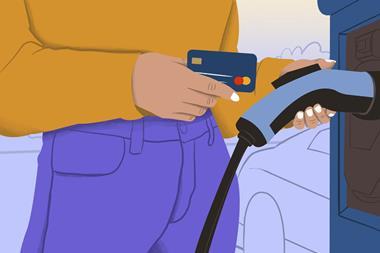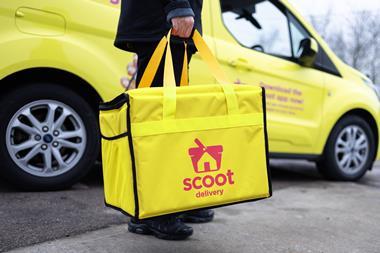More than three quarters of retailers think the generational tobacco ban will negatively impact their business

Research of 1,000 retailers conducted by JTI has found that 86% of convenience retailers believe the Government’s proposed generational ban on tobacco products will have a negative impact on their business.
Over two thirds (67%) of the retailers surveyed said that the generational tobacco ban would likely lead to an increase in illicit tobacco activity, with 66% also stating that they believe the Government does not have the required funding or resource to police a generational ban.
The survey also found that 62% of retailers believe that the generational ban will be costly to their business in terms of implementation, with 55% saying it will make ID checks more complicated for their staff and 58% stating it will impact staff training specifically around underage sales.
Tobacco remains an important category to 73% of convenience retailers when it comes to generating footfall in store. A quarter of stores said that 50% or more of their total revenue is from customers who purchase tobacco and other non-tobacco related items in the same basket.
When asked about potential alternatives to the ban, many respondents said the tobacco age limit could be raised to 21, while others commented that consumers should be left to make their own choice when it comes to purchasing tobacco. Some retailers reiterated that tobacco laws should be left as they are, because of the negative impacts the ban would have on the convenience retail sector.
Paul Cheema, owner of Malcolm’s Convenience and Forecourt, Coventry, said: “The proposed tobacco ban will hit convenience retailers the hardest. We know from recent reports, and our own experiences, that violence or abuse towards shopkeepers is on the rise, with ID checks or refusal of sale often a common cause of this. It’s fair to say that the proposed ban would highly likely exacerbate this issue and drive a further increase in threatening behaviour against retailers.”
































